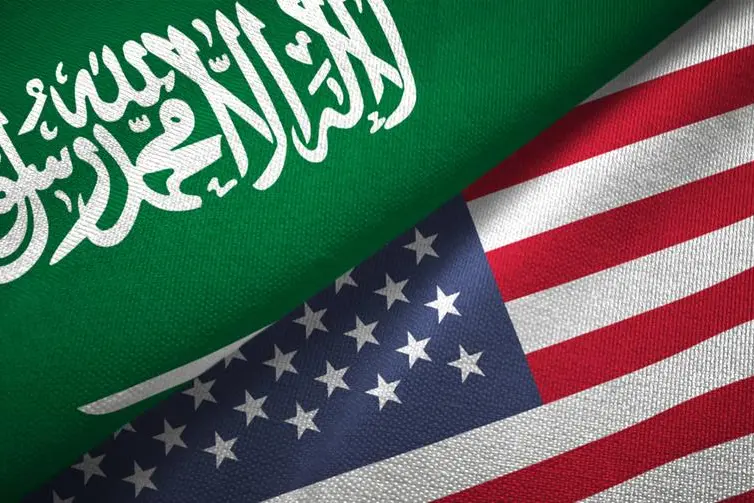The discussions culminated in the signing of a detailed roadmap for energy cooperation between Saudi Arabia and the United States
The discussions culminated in the signing of a detailed roadmap for energy cooperation between Saudi Arabia and the United States
RIYADH — Saudi Minister of Energy Prince Abdulaziz bin Salman met with Jennifer M. Granholm, US Secretary of Energy, in Riyadh on Wednesday to propel the future of energy cooperation between the two nations. This high-level dialogue is a continuation of the Partnership for Advancing Clean Energy Agreement, initially signed on July 15, 2022, in Jeddah.
The ministers discussed a broad spectrum of energy sectors including carbon management, clean hydrogen, nuclear energy, electricity and renewables, innovation, energy sector supply chain resilience, and energy efficiency. They also reviewed Saudi Arabia’s significant contributions to climate action through initiatives like the “Saudi Green Initiative” and the “Middle East Green Initiative,” emphasizing a commitment to a Circular Carbon Economy.
The discussions culminated in the signing of a detailed roadmap for energy cooperation between Saudi Arabia and the United States.
This critical document, underpinned by the 2022 Jeddah agreement, outlines a timeline and specifies key projects where both nations will collaborate. The roadmap aims to enhance their partnership across various energy fields, facilitating a smoother transition toward clean and sustainable energy solutions.
As outlined in the roadmap, both countries will engage in numerous joint efforts, including the exchange of policy expertise, enhancing regulatory frameworks, and boosting joint research and development in emerging technologies. A significant focus will be on building human capital through extensive training programs and expert exchanges to foster innovation and technical proficiency.
The comprehensive partnership framework encapsulated in the roadmap extends to various domains such as clean energy production, Carbon Capture, Utilization and Storage (CCUS) technologies, and clean cooking solutions, among others. It also opens avenues for future cooperation in additional areas, aligning with each country’s policies, laws, and international obligations.
Source: Zawya



